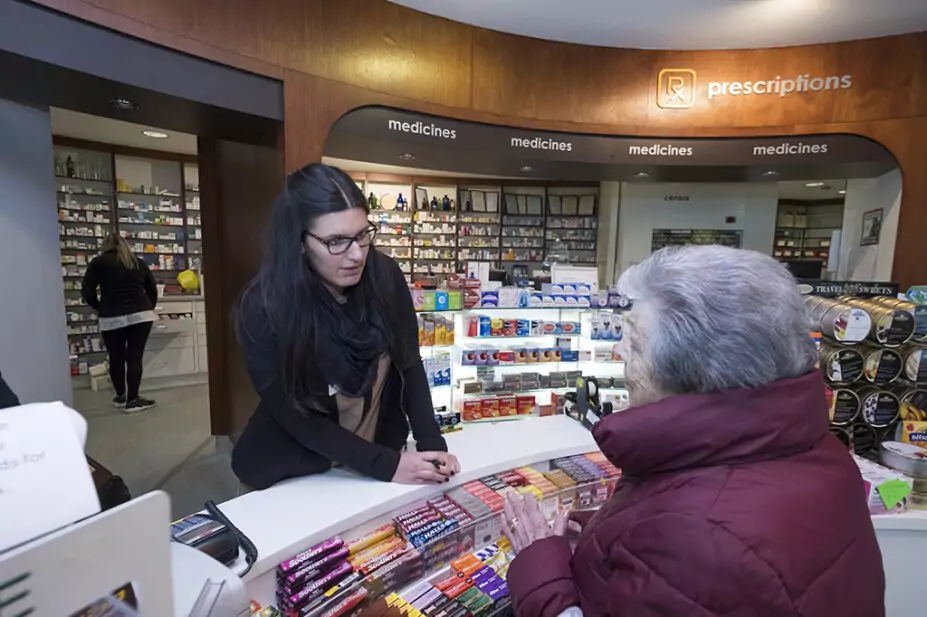
LEWIS HOUGHTON/SCIENCE PHOTO LIBRARY
The proportion of people who report struggling to buy medicines owing to shortages has doubled in the past year, data from the Office for National Statistics (ONS) have revealed.
Results from a survey on ‘Personal experiences of shortages of goods’, published by the ONS on 10 March 2023, show that 5% of 2,500 people surveyed between 22 February and 5 March 2023 had not been able to purchase the medicines they needed because they were unavailable.
This is compared with 2% of 3,150 people surveyed in a similar period last year, between 3 March and 13 March 2022.
Survey respondents were asked: “In the past two weeks, which of these things, if any, have you not been able to buy as they were not available?”, and were able to choose from multiple options, including essential food items, medicine, fuel or ‘other’. Respondents could also state that everything they needed had been available.
The data, which are published every two weeks, also reveal that the proportion of people reporting issues purchasing medicines spiked in January 2023, when 10% of respondents said this was an issue.
Meanwhile, 14% of people surveyed aged 30–49 years reported problems buying medicines between 21 December 2022 and 8 January 2023.
On 15 December 2022, the government issued three serious shortage protocols for phenoxymethylpenicillin oral solutions, after an increase in cases of Strep A among children led to increased demand for the drugs, particularly in solution.
The government also issued a record number of price concessions in December 2022, with increased remuneration agreed for 198 products, including gabapentin, levetiracetam and nitrofurantoin.
Commenting on the data, Janet Morrison, chief executive of the Pharmaceutical Services Negotiating Committee, said: “It’s madness that in this day and age patients aren’t able to access the medicines they need when they need them.
“Pharmacy teams do everything they can to get hold of medicines, but the growing number of issues and increasing NHS spend on the supply of vital drugs tells us that there is something fundamentally wrong with the medicines supply chain.
“Patients are understandably worried for their health if there’s a delay in getting their medicines. Meanwhile, pharmacy teams are caught in the middle as they spend longer hunting down limited stock and paying inflated costs without knowing if they will be reimbursed appropriately.”
According to the most recent ONS data, people living in the most deprived parts of England faced more difficulties in buying medicines, with 8% reporting issues, compared with 5% in the least deprived parts of the country.
In January 2023, The Pharmaceutical Journal revealed that pharmacies in parts of the country with high levels of health deprivation and disability are more likely to close than those in the least deprived parts of England, with experts warning that this could jeopardise efforts to reduce health inequalities.


